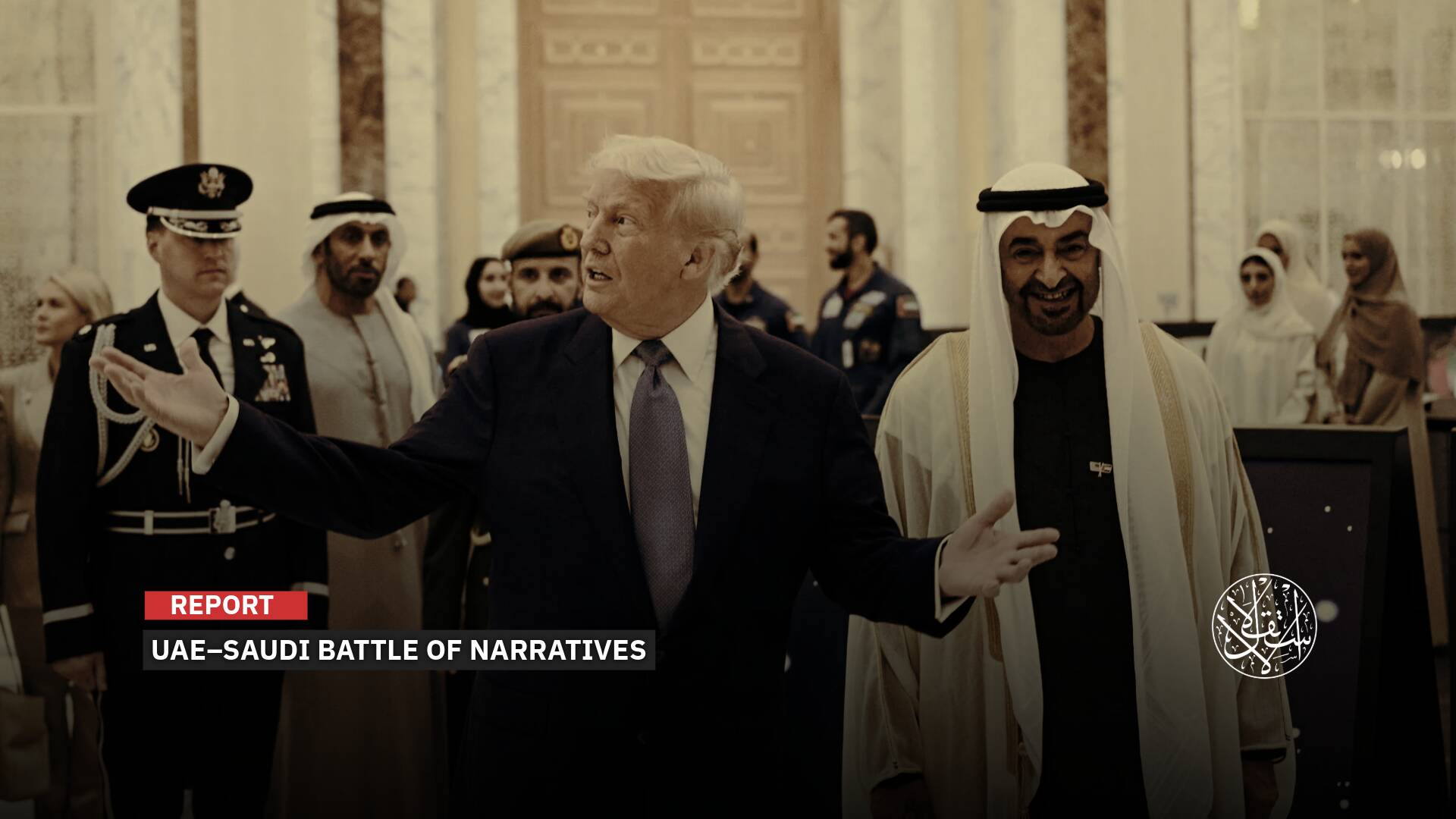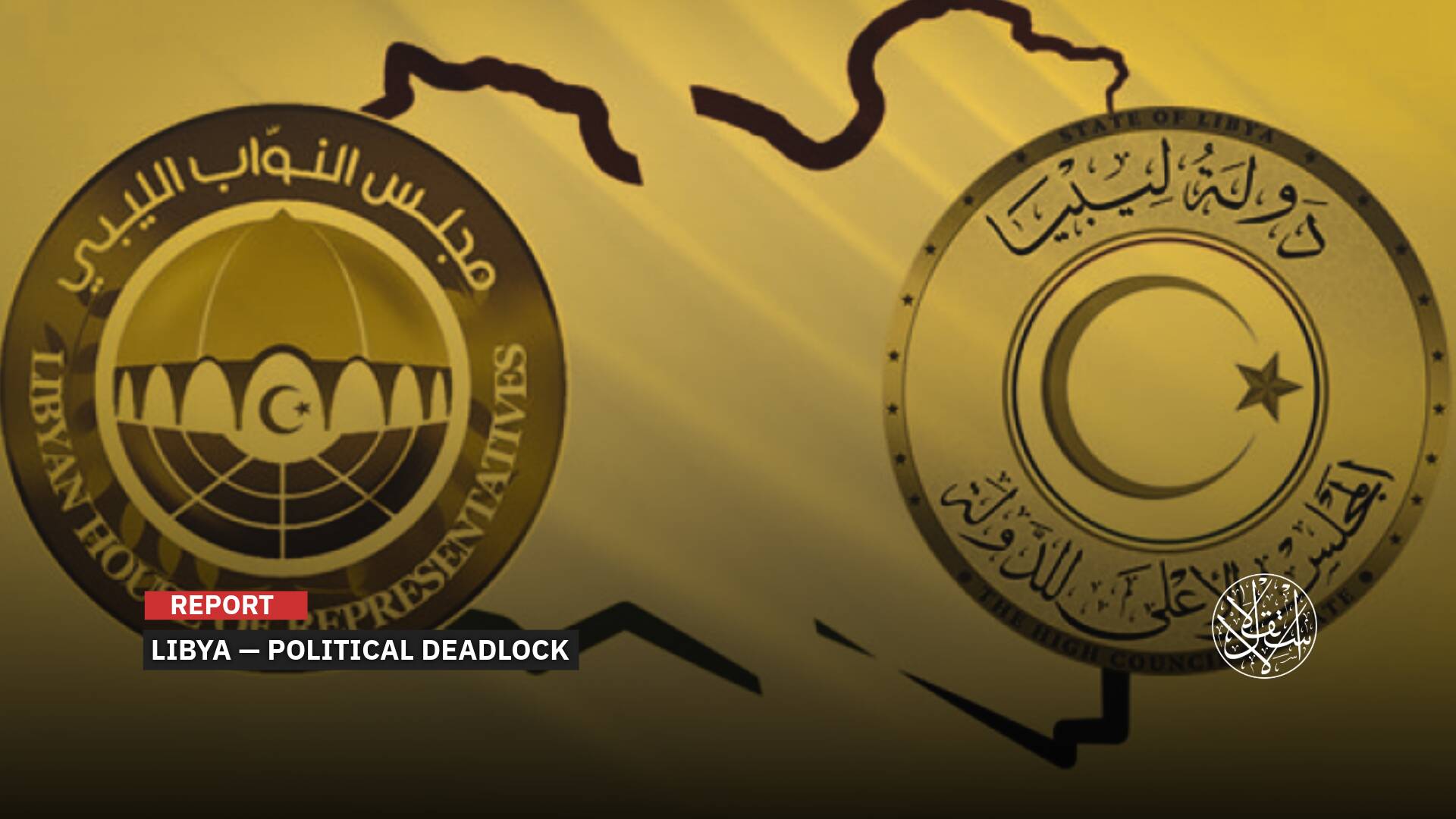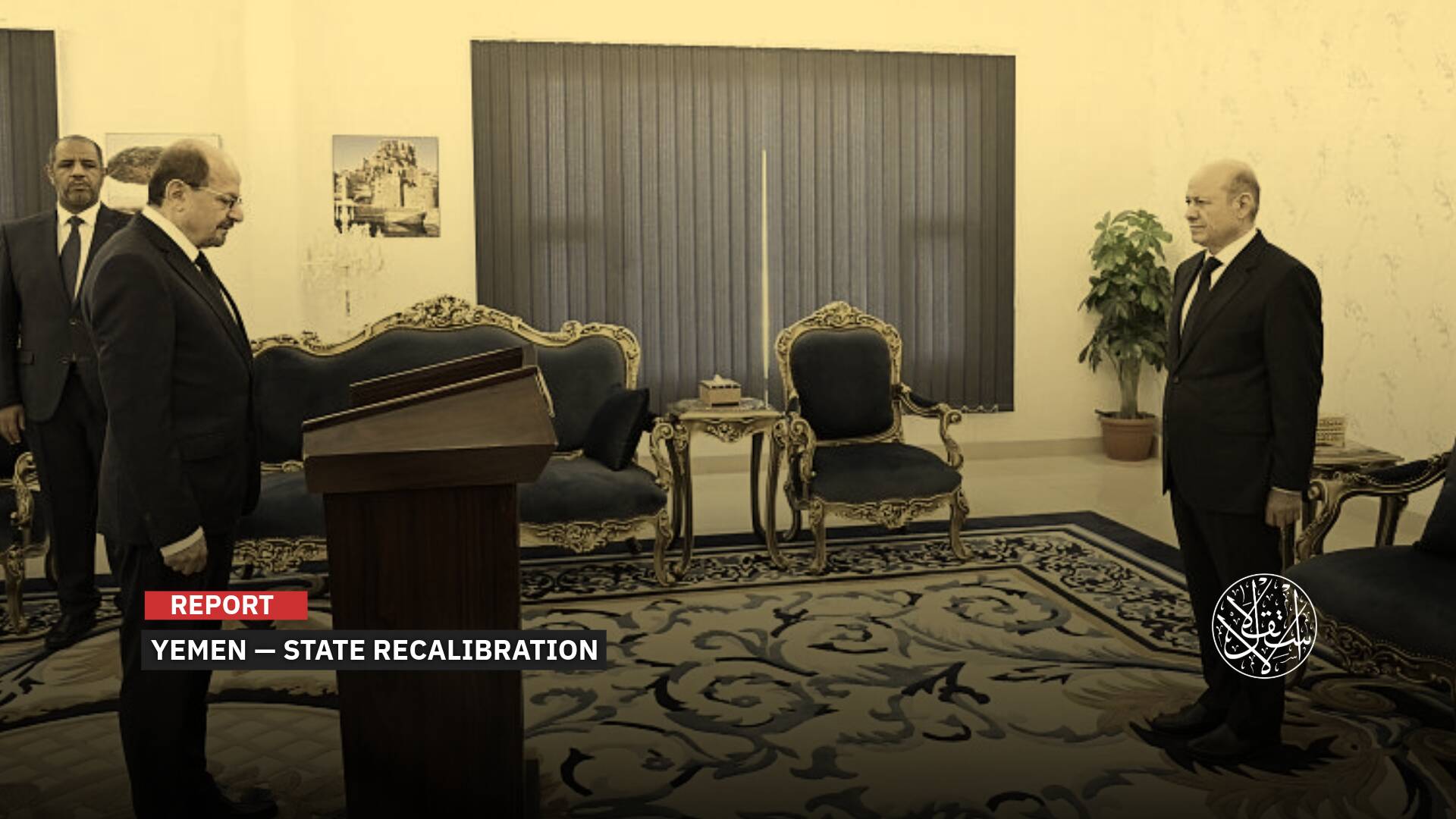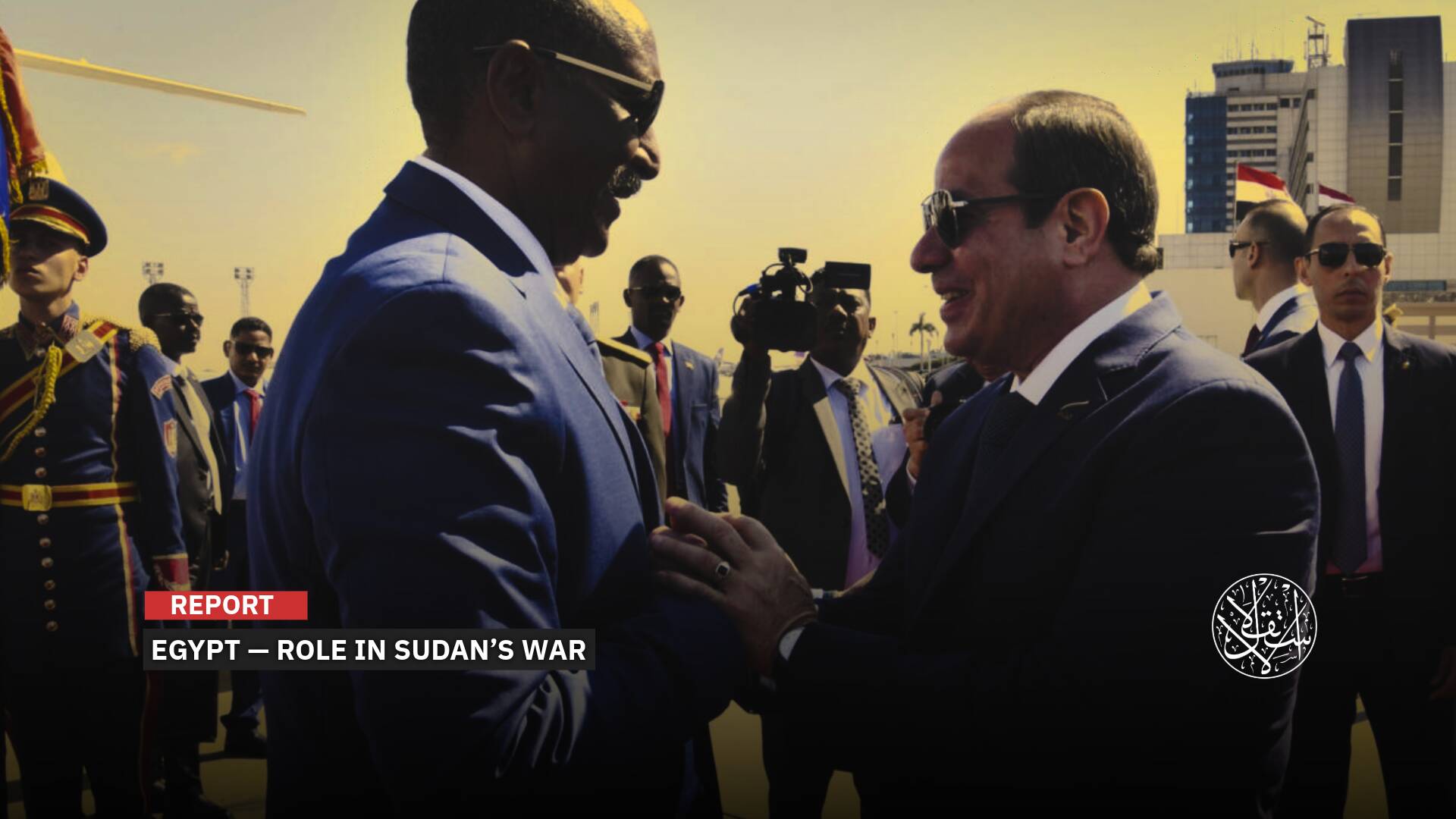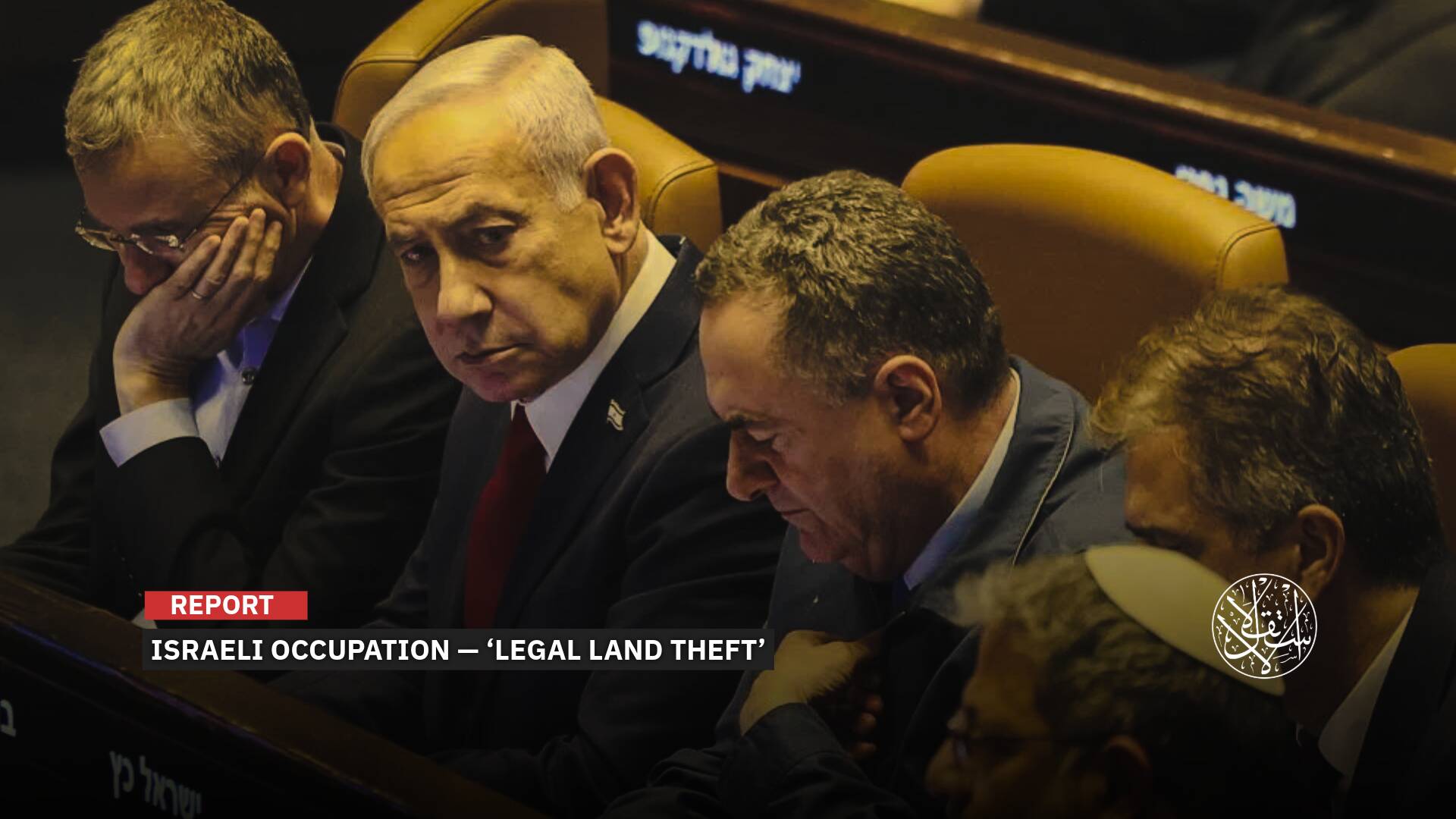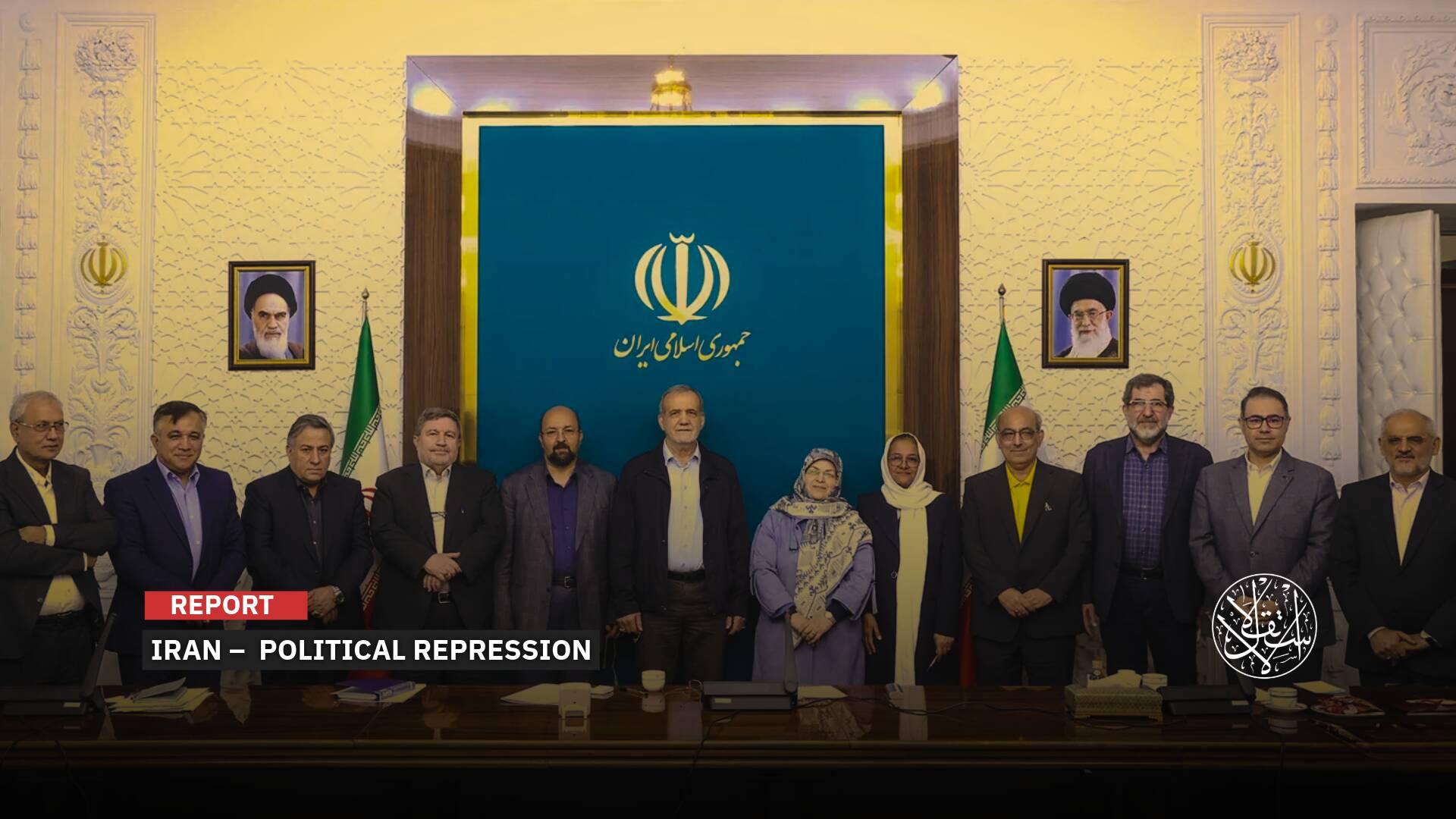After the Boycott and Attack, Kais Saied Attempts to Control the Media

Tunisian President Kais Saied does not leave an opportunity without attacking the media and journalists with a number of accusations and attempts to slash them and hold them responsible for part of the political and economic crisis in the country.
Since Saied's coup on July 25, 2021, aiming to control the various authorities in Tunisia, the freedom of the press has become in question.
In the face of more restrictions on public freedoms, including freedom of the media, journalists in Tunisia are engaged in a number of protests to defend their rights, the most important of which was the general strike on April 2, 2022, to express their fear of returning to the oppressive period that the country experienced before 2011’s revolution.
This new battle that Saeed is waging against the media comes at a sensitive time when the country is experiencing an unprecedented economic crisis, faltering negotiations with the International Monetary Fund, in addition to rising social demands and union strikes in more than one sector.
Silence Policy
Since winning the presidential election on October 14, 2019, the Tunisian president had a unique dialogue 100 days after taking the constitutional oath and officially assuming the presidency.
These awaited dialogues were replaced by Saied with a frequent appearance on the official Facebook page, either by giving speeches or by speaking alone during his meetings at the Carthage Palace.
This is what journalists described as a deliberate media blackout practiced by the Presidency of the Republic, and it contradicts the right of access to information. This prompted the Tunisian Journalists Syndicate to express its condemnation of this behavior more than once.

After the formation of the new government headed by Najla Boden, after the July 25 coup, journalists believed that the official boycott of the media would end.
However, Boden followed in her president's footsteps by not appearing at all in the media, or making press statements, or even addressing the Tunisian people she is supposed to rule.
Worse, she sent an announcement, on December 10, 2021, to ministers and state secretaries under the title "The rules of government communication."
In it, spokespersons for official institutions are prohibited from making statements to journalists except after returning to the prime minister's office.
The Syndicate of Journalists "strongly condemned this decision" and called for "its immediate withdrawal and the provision of all legal guarantees for the work of journalists and the right of Tunisians to know and be informed of what is happening, what is decided and what is accomplished away from all forms of kidnapping that affect their freedom and right of expression."
The union considered that this publication "completely contradicts the constitutional guarantees and international treaties signed by the Tunisian state."
What made matters worse in the communicative policy of Kais Saied and his government, was the organization of an unprecedented historical press conference without the presence of journalists or the media, following a meeting he had with Palestinian President Mahmoud Abbas at the presidential palace in Carthage on December 8, 2021.
Systematic Repression
Silence and boycott of journalists were the feature of the “new era” in Tunisia after the July 25 coup. The persecution and assault of journalists and their presentation to the military judiciary turned into familiar news circulated in Tunisian newspapers and websites.
Kais Saied's decisions, which were accompanied by verbal assurances that rights and freedoms would be protected in Tunisia, the security forces moved to close the offices of Al-Jazeera and Al-Arabi TV without justification or a judicial ruling.

The military judiciary issued a number of charges against the journalist of Zitouna TV, Amer Ayyad, including "conspiring against the internal state security that is intended to change the state authority, calling for disobedience and committing a despicable matter against the head of state."
In addition to "harming the dignity and reputation of the national army and doing what would weaken in the army the spirit of obedience to the chiefs, and the respect due to him."
The military judiciary act came when the journalist Ayyad recited a poem by the Iraqi poet Ahmed Matar during his program on the Tunisian private Zitouna TV channel.
It is noteworthy that the lawyer Samir bin Omar had confirmed, on October 3, 2021, that the military investigative judge had authorized the detention of journalist Amer Ayyad and MP Abdel Latif Al-Alawi (who was a participant in the same episode), after hearing their statements from the team undertaking the investigation.
The series of attacks came to a head on January 14, 2022, during the coverage of the demonstrations called by the opposition to mark the 11th anniversary of the revolution.
The monitoring unit of the Professional Safety Center of the National Syndicate of Tunisian Journalists recorded more than 20 attacks. Security forces targeted journalists with extreme violence during their response to the protesters' attempt to enter Habib Bourguiba Street.
According to a statement by the union, the journalists were targeted despite wearing their distinctive vests and asserting that their journalistic character was being attacked.
Deviated Resistance
In the face of all these attacks and abuses, jurists and politicians have raised warning of the danger of returning to the era of tyranny and the suppression of freedoms.
The Syndicate of Journalists denounced the policy adopted by the Tunisian Television Corporation (State TV), which prevented a decision by its director from inviting any opposition party representatives to appear on the channel's talk shows.
The new director of the channel, who was appointed days after the July 25 coup, took a number of decisions and penalties that prompted the journalists and technicians in the institution to raise the red flag and sit in the lobby of its headquarters to reject all measures they considered illegal.
The Syndicate of Journalists also called for a general strike that includes all public media institutions on April 2, 2022, to demand an end to all forms of deviation from the editorial line of the Tunisian Television Corporation as a public facility that requires balance, independence and pluralism, and to distance it from any political or authoritarian disputes.

It called also for canceling all disciplinary measures and retaliatory sanctions taken by the person in charge of running the Tunisian Television Corporation, with the aim of striking at union rights, in addition to other union demands.
In an interview with Al-Estiklal, member of the Executive Office of the Republican Party, Issa Khoudri, considered that "the freedom of the media is a gain from the revolution's gains, even though the local public and private media do not respond to the aspirations of Tunisians due to several factors that are too long to explain."
Khoudri added that "the journalists in Tunisia are intimidated by the authorities by means of enticement, threats, security baton, and prosecutions. The strange thing in Tunisia is that even the opposition forces on more than one occasion posed a threat to the journalist and violated the principle of media freedom. Journalists were even attacked while covering citizens' rallies against the coup.”
The leader of the Republican Party stressed that "Free media is not an exclusive demand for journalists, but rather it is a right of every Tunisian. The politician, academic, journalist and the public must adhere to it and defend it by all legitimate means, it does not matter if the journalist is able to defend this right or not, because the basic principle is that we do not give up our right to a free, diverse and independent media.”
Although most of the political spectrum, civil and human rights activists stressed the need to confront any attempt to avert rights and freedoms, there are serious fears of not seriously defending these rights, as what happened with the judiciary after Saied’s decision to dissolve the Supreme Judicial Council and replace it with another appointed one.
Sources
- The Syndicate of Journalists in Tunisia: All parties are prohibited from entering state television by a political decision [Arabic]
- Ignore or communication policy: Why is President Qais Saeed boycotting the local media? [Arabic]
- Tunisia: 3 parties warn against Saeed's interference in the management of public media [Arabic]
- The Syndicate of Journalists strongly condemns the barbaric violence and the arrests made by the security forces against its viewers [Arabic]


